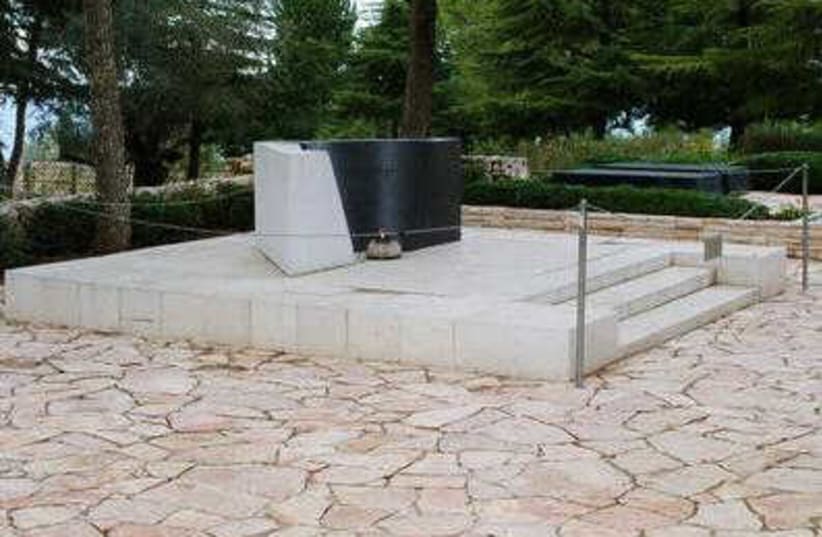| More about: | Arab citizens of Israel, Levi Eshkol, Golda Meir, United Arab List |
Israeli Arabs recall Rabin as enforcer turned peacemaker
When Rabin was killed Arabs felt they lost a partner for peace and a chance for a new life.


| More about: | Arab citizens of Israel, Levi Eshkol, Golda Meir, United Arab List |